The History of the Frick Company
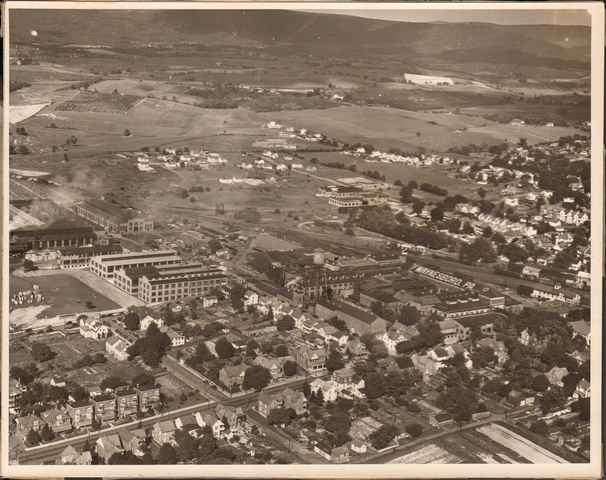

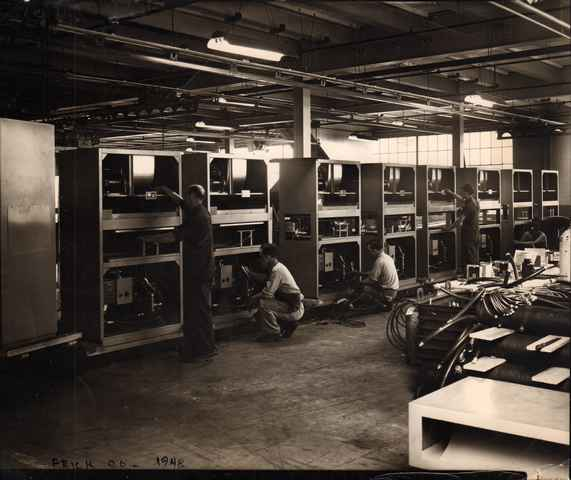
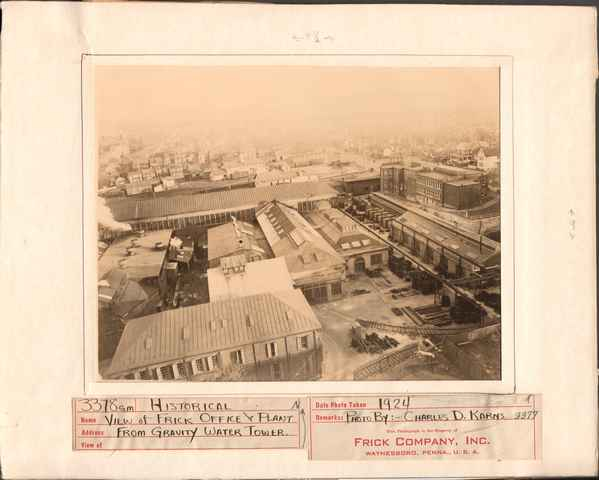
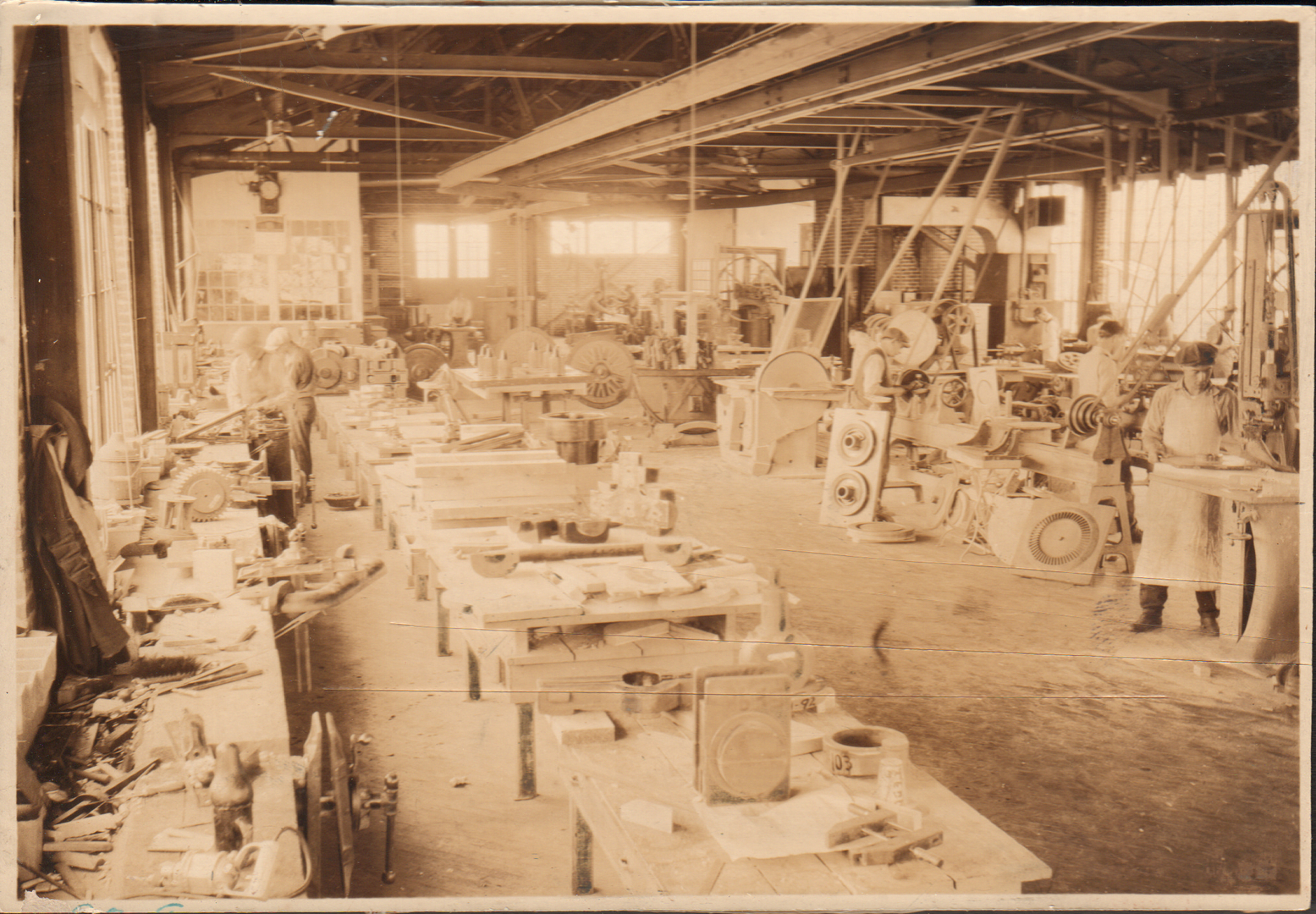
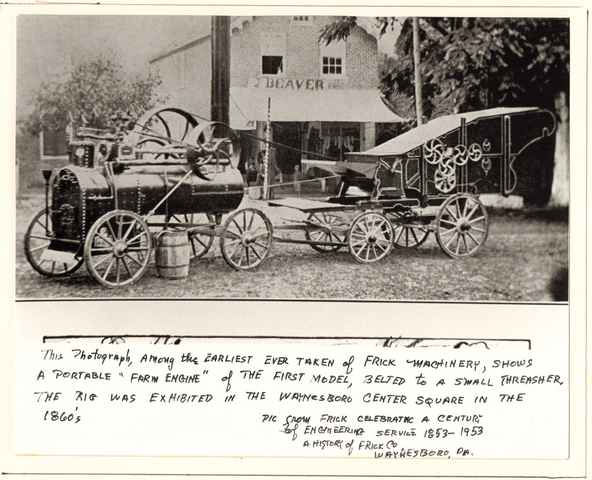
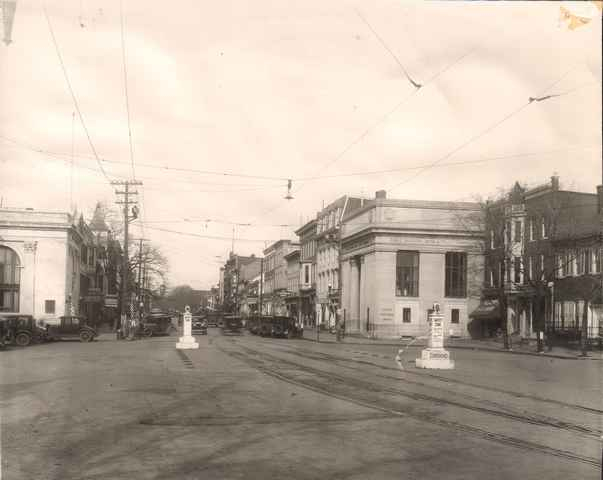

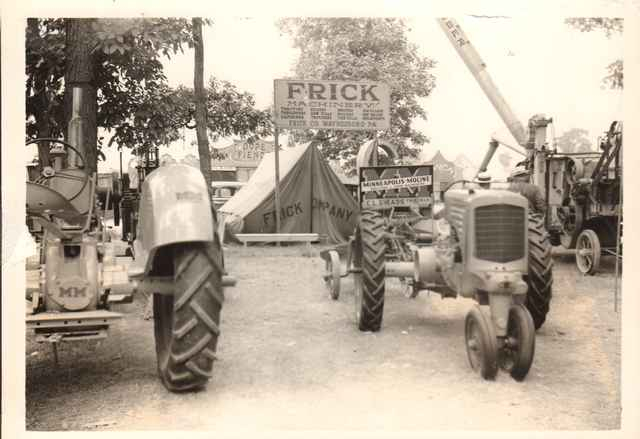
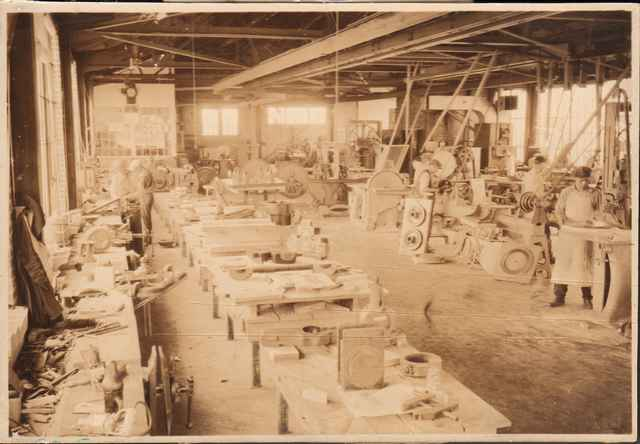
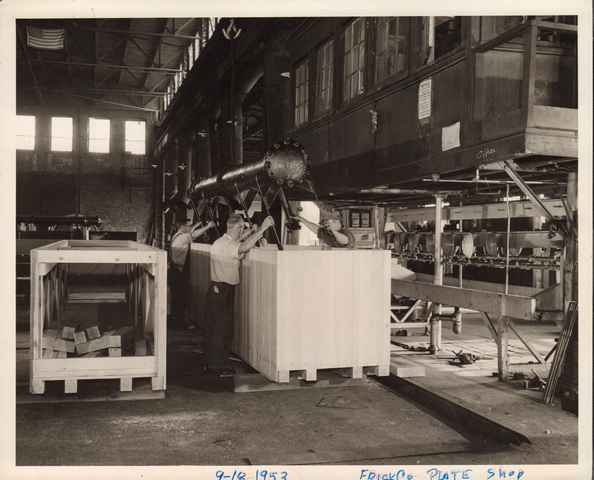
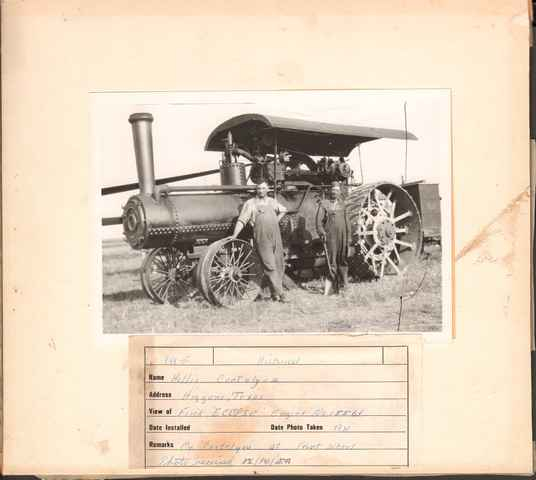
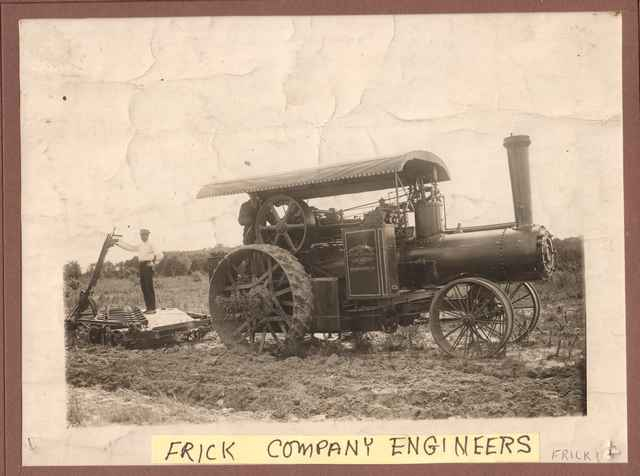
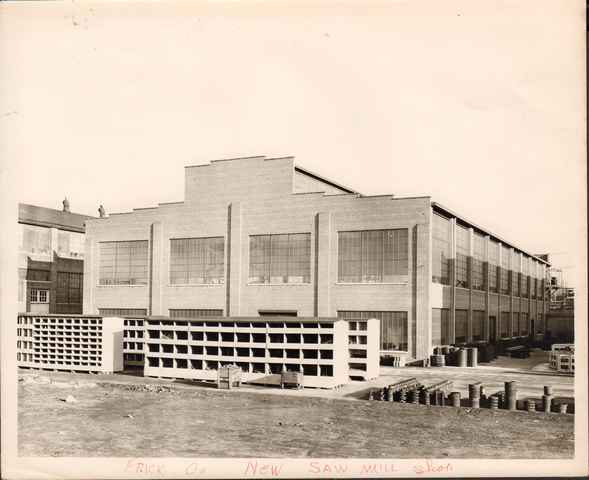

Of the surviving businesses, Frick Co. is the oldest. (For historical purposes we shall treat all local businesses individually, regardless of mergers in the last decade). In October 1852 an advertisement by G. & J. D. Frick appeared in the Waynesboro "Village Record" which was to "Inform their friends and the public generally that they have opened a new machine shop." While the shop was located just over the Maryland line the advertisement suggested orders be sent to Waynesboro, Franklin County, Pa. or Ringgold, Washington County, Md.
When George Frick was born in 1826 wheat was still harvested with a cradle (with which a man could cut about two acres a day) and threshed with a flail (with which he could knock out eight bushels of grain in ten hours), a procedure which had changed very little in thousands of years.
In the Cumberland Valley, where water power was available, small industries grew up. Their part in the Industrial Revolution was in serving the agricultural community by furnishing machinery to reduce man-hour requirements. They furnished mechanical grain cleaners (fans) grist and flour mills, saw mills, paper mills, etc.
However, as the forests were cut down, the water ran off more rapidly and its power became less dependable. It was to fill the growing need for power that gave the opportunity to men in our vicinity to express their ingenuity and mechanical ability, both in this way and in further reducing the time and labor required to harvest and process grain.
Peter Geiser patented a threshing machine and from 1857 to 1865 George Frick manufactured this machine with improvements Geiser patented. During this period Frick developed and patented a portable boiler and steam engine.
George's business grew and in 1860 he moved to a two-story shop measuring 100 by 50 feet on Broad Street between Main and Second Street in Waynesboro. (Where F&M Bank now stands)
During the Gettysburg campaign the Confederates, whose lack of shoe leather was very serious, occupied Waynesboro for a few days. They took all the leather belting from the Frick shop, which was closed for a month.
After the war a new plant was erected across the street. It included a foundry, pattern department, boiler shop, forge shop and machine shop.
The Geiser Mfg. Co. was formed from the old firm of Geiser, Price & Co. and occupied the former Frick shops in 1869. It grew into one of Waynesboro's largest industries. At one time it had 1250 employees. They manufactured a general line of agricultural machinery.
In 1912 the Geiser Mfg. Co. was purchased by the Emerson Brantingham Co. It was continued in the same line for several years. Later the Brantingham organization management decided to close down the operation. Most of the buildings and machinery were sold piece meal. One large building remained empty. In 1938 it caught fire and burned to the ground. The Emerson Brantingham Co. had discontinued business.
Frick Co. was formed in the latter part of 1872 as a "co-partnership or association." The capital of the Association was $35,000 which was increased to $125,000 in 1879. During the mid-seventies they began building portable saw mills.
The completion of the Western Maryland and Mont Alto railroad greatly increased shipping facilities. In 1881 Frick Co. built a new shop in the west part of town adjoining the railroad tracks. The new plant was so extensive and modern, for that time, that the Scientific American printed a feature article about it.
In 1882 their first refrigerating machinery was manufactured. In this decade the steam traction engine was built. The engine could both haul the thresher and operate it. A great new era in power farming was opened up.
In 1885 the partnership was dissolved, and Frick Co. was chartered a Pennsylvania corporation with a capital of one million dollars of which $900,000 was paid in.
Since that time the plant grew to occupy 26 acres, employ about 1,000 people. Its last balance sheet before its incorporation into General Water Works (which is now owned by the International Utilities Corp.) showed a capital of $9,000,000 and a net worth of 15 million dollars.
